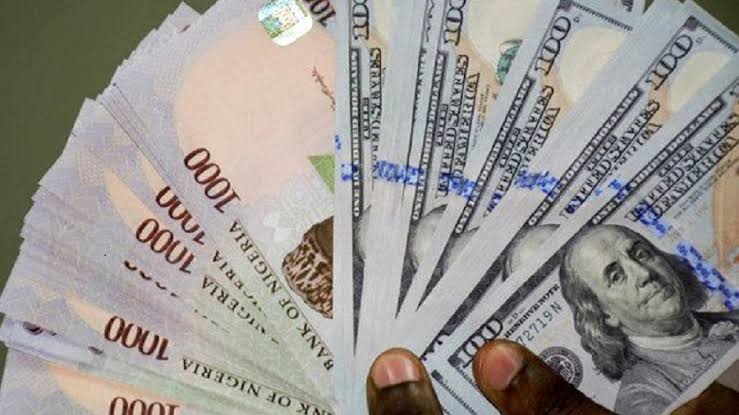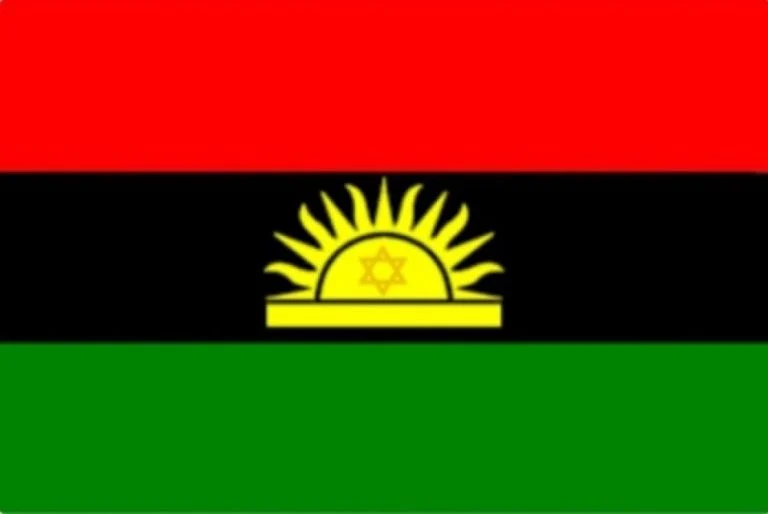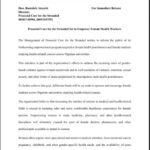Nigeria’s FX Market Logs $500 Million Daily Volume, Often Without CBN Intervention, Governor Says

Nigeria’s foreign exchange (FX) market is now seeing average daily transactions of about US$500 million, frequently without the Central Bank of Nigeria’s (CBN) direct involvement, CBN Governor Olayemi Cardoso disclosed on Tuesday.
His comments followed the 303rd meeting of the bank’s Monetary Policy Committee (MPC) in Abuja.
Cardoso described the current FX market as one shaped by genuine demand and supply, where “willing buyers and willing sellers” freely trade, and where participants can see who is buying and selling at any given time.
He credited the relative calm in currency markets to the introduction of an electronic trading platform, which has increased transparency, strengthened confidence among participants, and narrowed the gap between official and parallel-market exchange rates.
“It is for that reason that, on average, we have half a billion dollars in turnover daily, often with the CBN not participating directly in the market,” Cardoso said.
He noted that this marks a significant shift from previous years, when market activity depended heavily on central bank intervention, and trade could stall without it.
“That period is now a thing of the past,” he added.
The narrowing of the FX rate differential — which once reached as high as 60% — to roughly 2% is a clear indication that reforms are yielding results.
The more disciplined and transparent FX market is also helping to restore confidence in the naira, easing foreign-exchange access for businesses and individuals alike.
The CBN governor reaffirmed that the bank’s tighter liquidity stance remains in place, with a high cash-reserve requirement for commercial and merchant banks, deemed necessary to preserve stability even as FX market conditions improve.
Officials argue that by allowing the FX market to operate transparently and with minimal interference, reforms are redesigning Nigeria’s foreign-exchange ecosystem into a more reliable, market-driven system a development that could strengthen investor confidence, support trade, and deliver greater macroeconomic stability.
As Nigeria continues under this new FX regime driven by electronic trading, transparency, and market forces stakeholders will be watching to see whether these gains can be sustained over the long term, and whether the approach will deliver lasting stability for the country’s currency.









